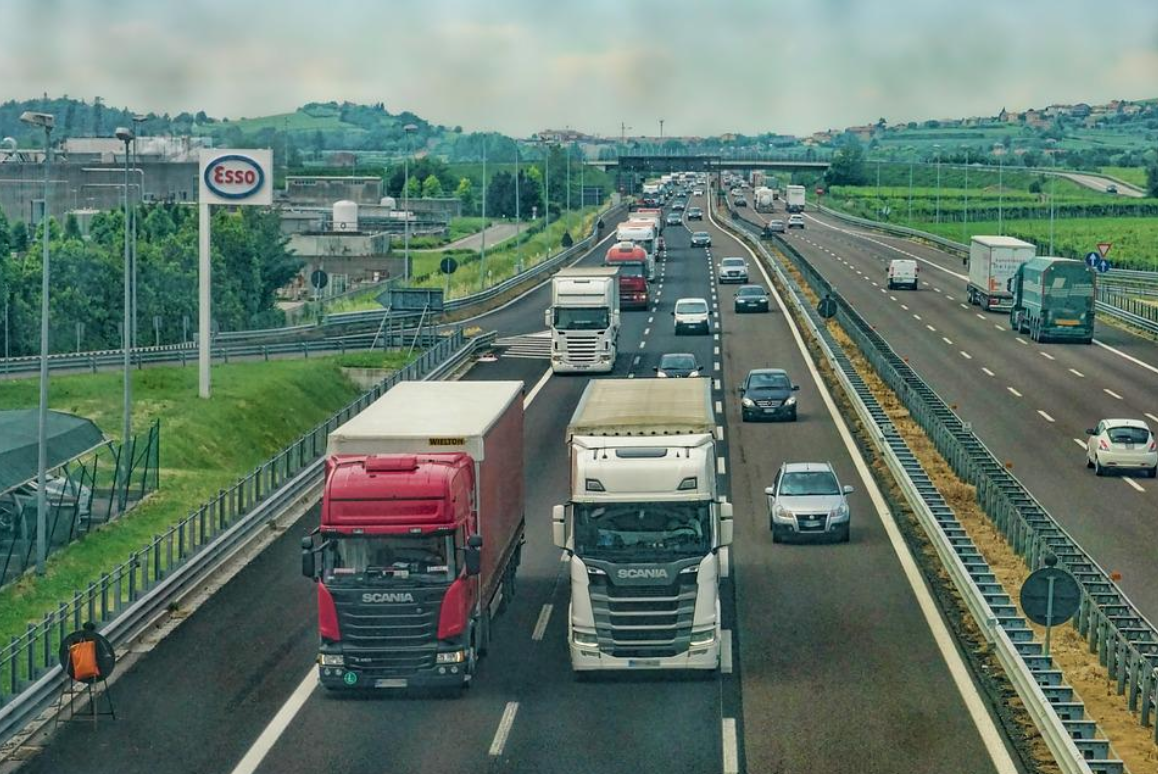Negotiating the aftermath of a truck accident calls for a deliberate, methodical strategy.
Traumatic and complicated events and truck accidents can leave victims feeling confused and overwhelmed. Protecting your health, legal rights, and possible compensation depends critically on the seconds just after an accident. Your capacity to physically, emotionally, and financially recuperate from this demanding event will be much enhanced by knowing just what to do. Truck accidents are more complicated than ordinary motor vehicle incidents; they include several possibly culpable parties and significant legal and insurance issues. Strategic and immediate action can assist in saving important evidence, defending your legal rights, and creating a basis for possible compensation claims covering the whole scope of your financial, emotional, and physical losses.
1. Prioritize Medical Documentation and Personal Health
The most important first step after a truck accident is quick medical attention. Even if injuries seem small, thorough medical evaluation becomes crucial. Many times, truck accidents include complicated bodily trauma that might not show right away. Professional medical assessment creates an official record of your injuries suffered during the occurrence by providing vital documentation of your physical state. Ask emergency responders for full medical exams, then follow up with thorough investigations from doctors. Keep copies of every medical report, test result, treatment schedule, and recommended prescription drug. For any court cases and insurance claims, these records become absolutely vital proof. Trauma experts and neurologists are among the specialized medical experts who can offer in-depth evaluations revealing hidden ailments, including soft tissue damage, concussions, or internal trauma, perhaps not immediately obvious.
2. Preserve and Collect Accident Evidence
For any legal and insurance claims, gathering thorough evidence right after a truck collision is absolutely vital. Gathering comprehensive information from the accident scene, including official reports, photos, and witness contact information, this step entails Many sources of data can assist to recreate the accident scene and prove possible responsibility. Good evidence preservation calls for both methodical and exhaustive approaches. From several perspectives, photograph the accident site, including road conditions, vehicle damage, traffic signals, and any obvious injuries. Get personal details from witnesses, name, phone number, email address, etc. Get insurance data from the truck driver and trucking firm among all the other engaged entities. Modern technologies such as dashcam film, smartphone GPS data, and electronic logging device (ELD) records can provide vital extra evidence of exact vehicle movement and driver behavior. Vehicle computer systems collect important data regarding speed, braking, and mechanical performance moments before the collision so that modern forensic methods can retrieve useful information from them. Independent sources of accident documentation can also be traffic camera footage and surrounding surveillance systems, possibly exposing important information on the occurrence.
3. Consult with Legal Professionals

Navigating the complicated aftermath of a truck accident depends on first consulting experienced legal advice. Commercial truck accidents include complex legal and insurance issues, unlike those of ordinary motor vehicle events. Expert legal advice can assist in guarding your rights, guide you through difficult legal procedures, and guarantee suitable damages recompense. Legal advice consists of a thorough case review. Select lawyers focused on commercial truck accident lawsuits who are aware of the complex laws controlling the trucking sector. Share thorough information regarding the accident, including gathered evidence, medical records, and personal narrative of the incident, during first visits. Expert lawyers like 18-wheeler accident lawyers in Austin can assist in determining possible culpability sources, including other possibly liable parties, truck drivers, and trucking corporations. Establishing a thorough medical record also provides a precise chronology of injuries and treatments, which is crucial for proving the whole scope of psychological and physical losses brought about by the truck accident.
Conclusion
Negotiating the aftermath of a truck accident calls for a deliberate, methodical strategy. Your health, legal rights, and possible compensation will be safeguarded by giving medical documentation top priority, keeping important evidence, and consulting a qualified attorney. These vital actions offer a complete structure for handling the difficult problems given by truck accident events. Knowing that every truck accident is different, victims have to be flexible and proactive in their attitude to legal action and rehabilitation. The road toward healing and justice is complex and calls both physical and legal issues resulting from these horrific events a dedicated effort, patience, thorough documentation, and patience.


Join the conversation!